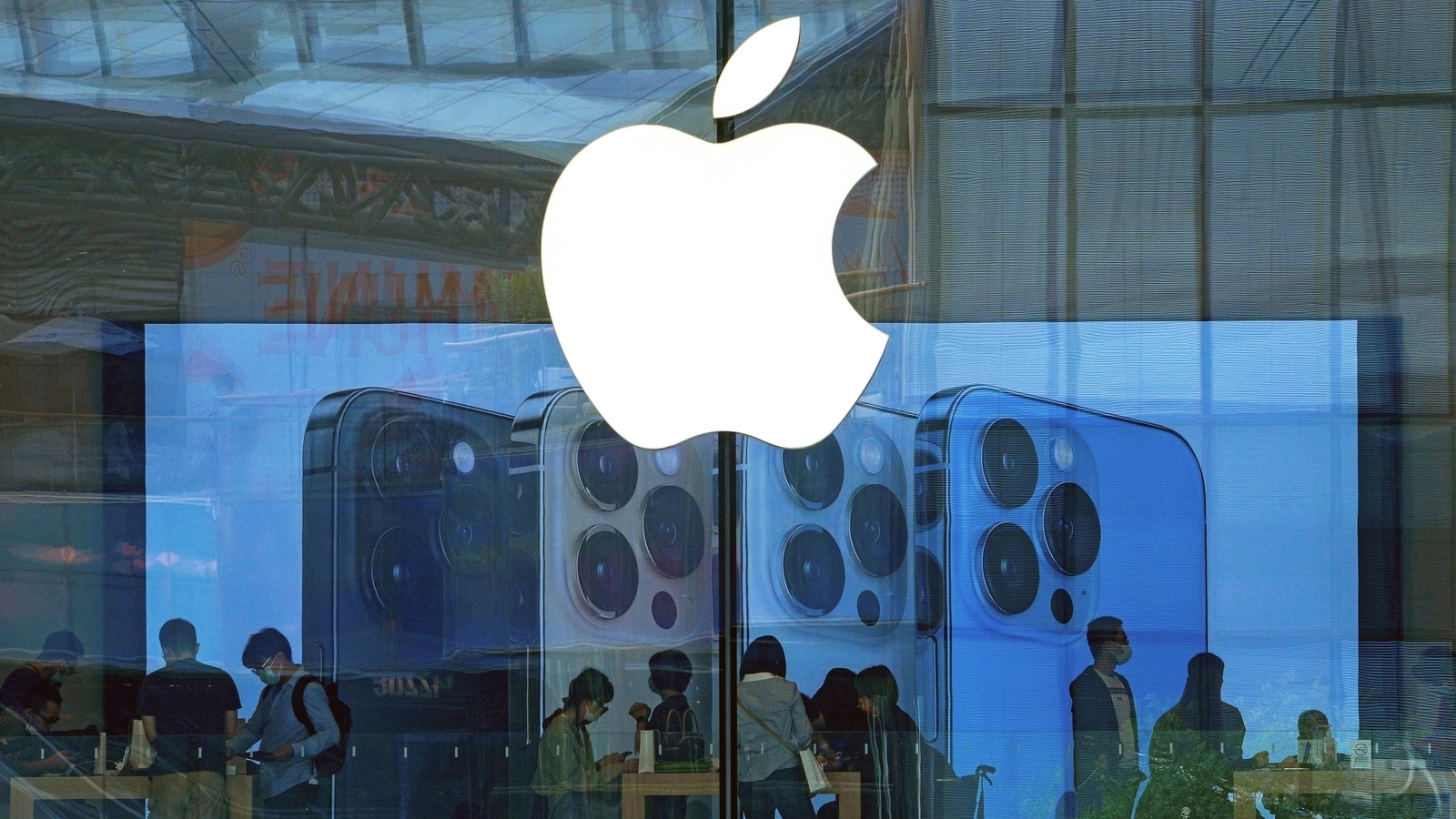After the Pegasus fiasco a few years ago, spyware is back in the news, following a new report claiming that multiple journalists and civil society members using WhatsApp were targeted. Paragon, an Israeli software company known for developing hacking tools, was reportedly behind these attacks. This was revealed by WhatsApp to The Guardian, which reports that the platform has high confidence that over 90 users were targeted and possibly compromised.
Also Read: Vivo X200 Pro Mini finally headed to India soon, two variants expected: Report
Everything you need to know about the latest spyware by Paragon and WhatsApp’s response
WhatsApp has stated that it is not yet clear who was behind the attack. However, it must be noted that Paragon’s software, much like Pegasus, a spyware developed by the Israeli NSO Group, is typically used by government entities and agencies aiming to target specific individuals or groups.
The report also highlights that this was a zero-click attack, meaning the spyware is so advanced that users do not need to click on any link or perform any action to be infected.
WhatsApp further mentioned that it has already sent a cease-and-desist letter to Paragon and is currently exploring legal action. While the company stated that it had stopped all attacks in December, it remains unclear how long they had been ongoing.
“WhatsApp has disrupted a spyware campaign by Paragon that targeted a number of users including journalists and members of civil society. We’ve reached out directly to people who we believe were affected. This is the latest example of why spyware companies must be held accountable for their unlawful actions. WhatsApp will continue to protect people’s ability to communicate privately,” a WhatsApp spokesperson was quoted as saying by The Guardian.
Also Read: iOS 18.4 to bring much-awaited Apple Intelligence support for India, CEO Tim Cook unveils
Who owns Paragon?
For those uninitiated, Paragon was founded by former Israeli Prime Minister Ehud Barak and based out of Israel. Further, according to the Guardian, the company also has an office in Chantilly, United States, but was sold to a US private equity firm, AE Industrial Partners, for $900m.







